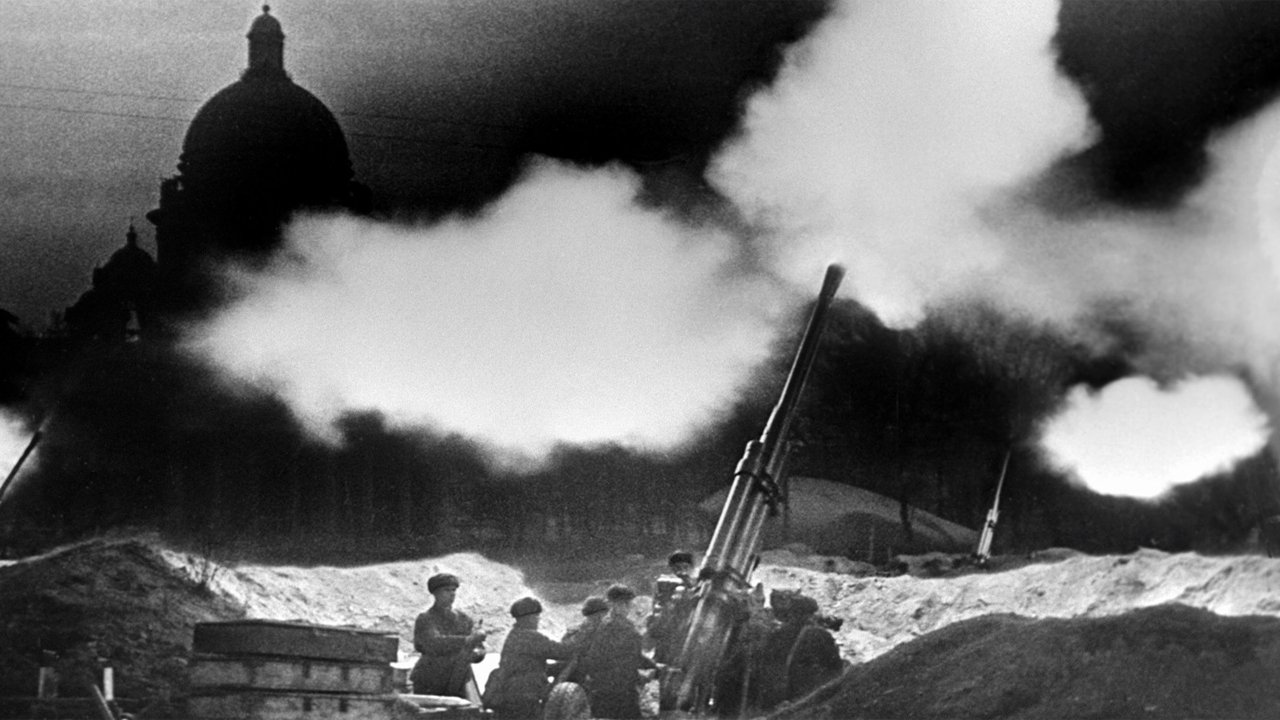
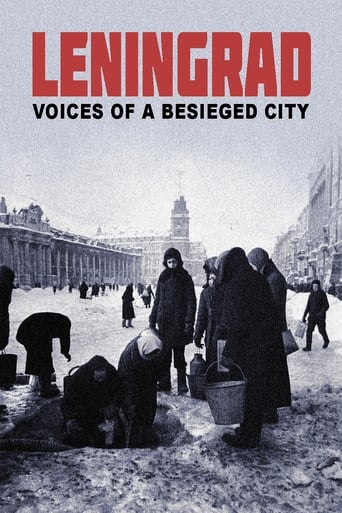
Leningrad. Stimmen einer belagerten Stadt
It was one of the great crimes of the Second World War: from 1941 to 1944, a total of 872 days, the siege and starvation of Leningrad by the German Wehrmacht on Hitler's orders lasted. Over a million people fell victim to the blockade, most of them dying of hunger. Countless of these starving people wrote diaries with the last of their strength, and cameramen filmed in the paralyzed city. Evidence from the hell of the siege, many of the film recordings, but above all the written memories on which this documentary on the occasion of the 80th anniversary of the liberation is based, remained under lock and key after the war. The voices of those who had suffered through this terrible time should not be heard by anyone, because they did not fit the pathos of the Leningrad heroic song that was officially sung. Most of the recordings come from women. The writers feared neither the enemy nor the Communist Party or Stalin, who often proved incompetent in providing for the population.
- Overview
- Cast
- Crew
- Recommendations
Leningrad. Stimmen einer belagerten Stadt
- Overview
- Cast
- Crew
- Recommendations
Status
Released
Release Date
Jan 9, 2024
Runtime
1h 29m
Genres
Documentary, History, War, Drama
User Score
78%
Original Title
Leningrad. Stimmen einer belagerten Stadt
Production Companies
Schmidt & Paetzel Fernsehfilme, NDR, RBB, ARTE
Director
Artem Demenok
Description
It was one of the great crimes of the Second World War: from 1941 to 1944, a total of 872 days, the siege and starvation of Leningrad by the German Wehrmacht on Hitler's orders lasted. Over a million people fell victim to the blockade, most of them dying of hunger. Countless of these starving people wrote diaries with the last of their strength, and cameramen filmed in the paralyzed city. Evidence from the hell of the siege, many of the film recordings, but above all the written memories on which this documentary on the occasion of the 80th anniversary of the liberation is based, remained under lock and key after the war. The voices of those who had suffered through this terrible time should not be heard by anyone, because they did not fit the pathos of the Leningrad heroic song that was officially sung. Most of the recordings come from women. The writers feared neither the enemy nor the Communist Party or Stalin, who often proved incompetent in providing for the population.
Cast
Crew
Recommendations
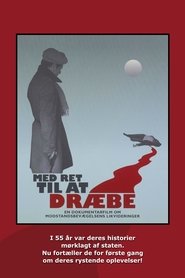
With a Right to Kill
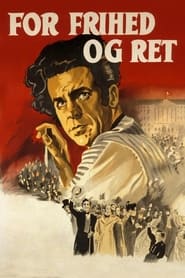
For frihed og ret
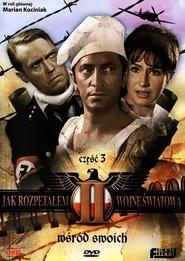
How I Unleashed World War II, Part III: Among Friends

1

Retando A La Muerte

1

13 Exorcisms

Crayon Shin-chan: Burst Serving! Kung Fu Boys ~Ramen Rebellion~

It's a Wonderful Binge

1

Merlin: The Return

Kamen Rider W Returns: Kamen Rider Eternal

Return with Honor

Stalked by My Doctor: The Return

Acting and Reacting

Fantastic Return to Oz

Return to the 36th Chamber

...Re

Date A Bullet: Nightmare or Queen



